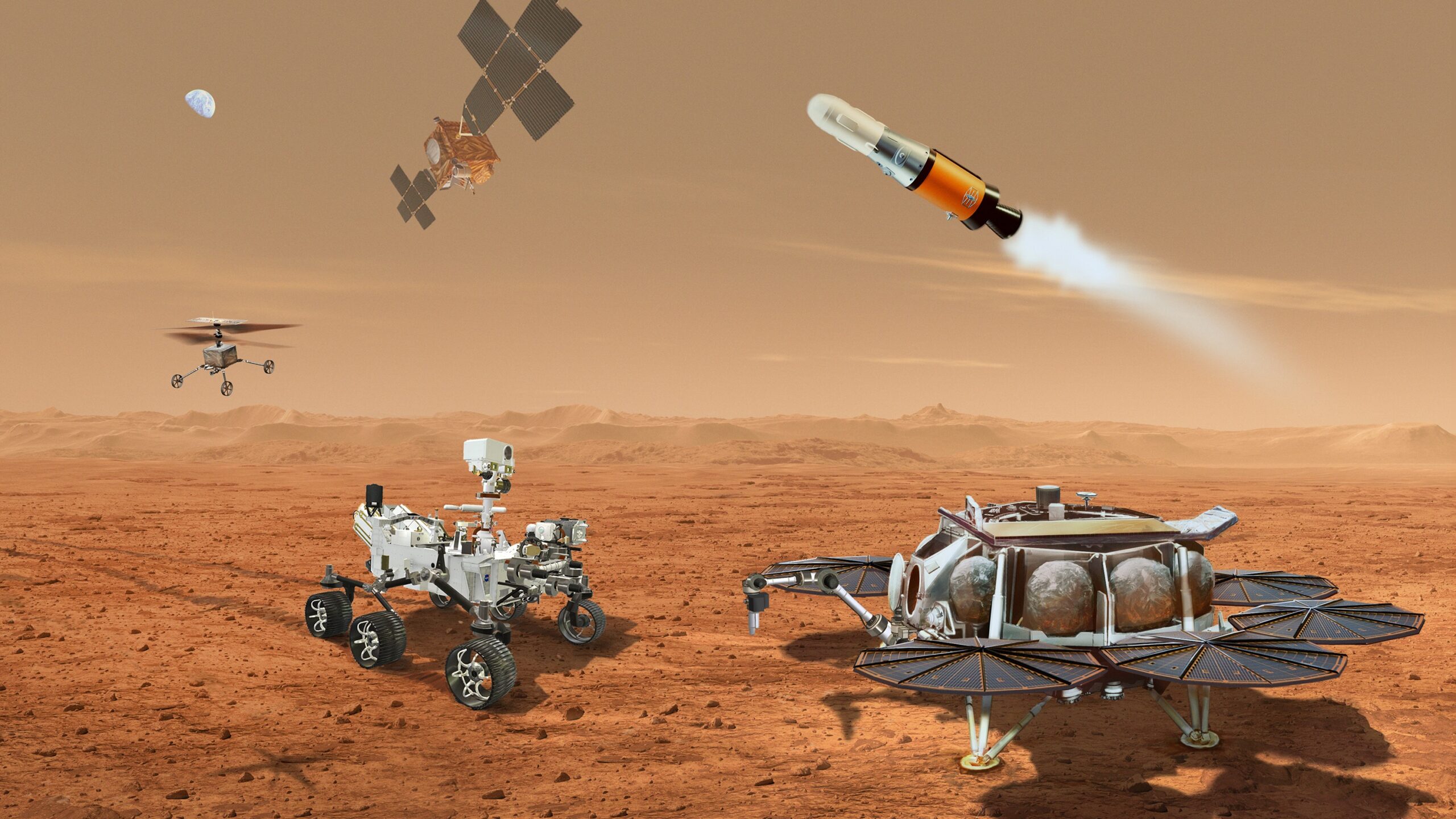NASA’s troubled Mars sample-return program has found a potential savior in the form of private space company Rocket Lab. With their innovative proposal, Rocket Lab aims to simplify the mission architecture and accelerate the timeline for retrieving the precious Martian samples. This article explores Rocket Lab’s plan and its potential to overcome the challenges that have plagued NASA’s original ambitious proposal. Mars sample-return mission, Rocket Lab

Simplifying the Mission Architecture
NASA’s original plan for the Mars sample-return mission was highly complex, involving three separate spacecraft: a lander, two helicopters, and a Mars Ascent Vehicle. This intricate design has proved challenging, leading to spiraling costs and delays.
However, Rocket Lab’s proposal aims to streamline the mission architecture, potentially reducing the overall complexity and cost. By leveraging their expertise in building cost-effective interplanetary spacecraft, Rocket Lab believes they can deliver a “low-cost, rapid Mars Sample Return” solution that puts the precious Martian samples in the hands of scientists sooner. The company’s experience with missions like ESCAPADE and CAPSTONE suggests they have the technical capabilities to tackle this ambitious endeavor.
Accelerating the Timeline for Sample Retrieval
One of the most pressing concerns with NASA’s sample-return plan is the delay in the timeline. Initially scheduled for the early 2030s, the mission has now been pushed back to 2040, which the planetary science community and NASA consider unacceptable.
Rocket Lab’s proposal aims to address this issue by proposing a faster solution. By simplifying the mission architecture and leveraging their proven capabilities, the company hopes to deliver the Martian samples to Earth much sooner, potentially shaving off several years from the original timeline. This acceleration could be critical in advancing our understanding of the Red Planet and the potential for past life, as the samples hold the key to unlocking these mysteries.
Rocket Lab’s Proven Capabilities in Interplanetary Missions
While the Mars sample-return mission would be Rocket Lab’s most complex project to date, the company has a track record of successful interplanetary missions that lend credibility to their proposal.
NASA’s upcoming ESCAPADE mission to study Mars’ atmosphere and magnetic field features twin spacecraft built by Rocket Lab, demonstrating their ability to deliver reliable and capable spacecraft for interplanetary exploration. Additionally, the company provided the cubesat spacecraft for NASA’s CAPSTONE mission, which is testing the stability of the orbit around the moon that will be home to the Lunar Gateway space station.
This experience in delivering cost-effective and innovative solutions for complex interplanetary missions positions Rocket Lab as a strong contender to help NASA overcome the challenges of the Mars sample-return program.
